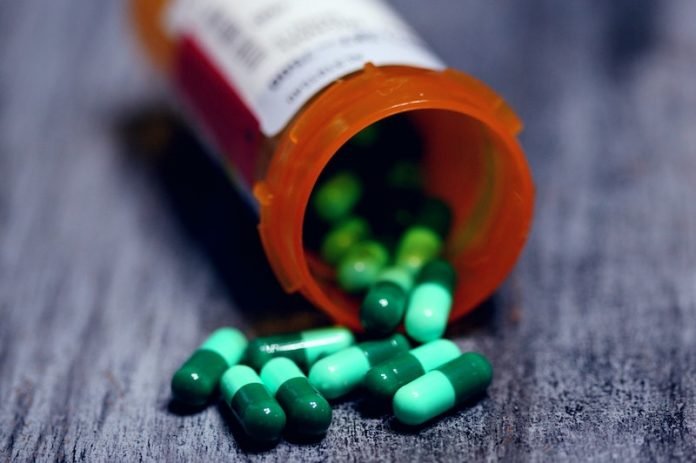
In a recent study, researchers pointed out that an extended-release injection of buprenorphine, a medication used to treat opioid use disorder, was preferred by patients compared to immediate-release buprenorphine, which must be taken orally every day.
Extended-release formulations of medications used to treat opioid use disorder may be a valuable tool to address the current opioid addiction crisis and reduce its associated mortality.
Previous study shows that medications used to treat opioid use disorder are highly effective in preventing relapse into drug taking, facilitating recovery, and preventing overdoses.
However, retention rates for these drugs are quite low, and 40% to 50% of patients treated with methadone or buprenorphine relapse within six months of starting treatment.
Though extended-release formulations of these drugs are at least as efficacious as the daily, immediate release formulations, little is known about what patients want, and how they respond to different approaches to this treatment.
In the new study, researchers in Australia conducted a randomized trial to compare patient-reported outcomes for daily sublingual buprenorphine treatment (tablets given under the tongue) to a weekly or monthly injection of extended-release buprenorphine for opioid use disorder.
The researchers found that the extended-release injection of buprenorphine was well-tolerated, acceptable to patients.
It produced generally more positive patient-reported outcomes (including overall patient satisfaction, effectiveness, and convenience) compared to daily oral buprenorphine.
There were no significant differences in illicit opioid use or side effects between the two study groups.
The findings suggest that usually patient voices have been left behind in medication development.
Using patient preferences and patient-reported outcomes as measures of interest, rather than drug abstinence, fills an important research gap and may prove to be useful in medication trials moving forward.
If you care about opioid use, please read studies about life-saving treatment for nation’s opioid disorder epidemic and findings of more heart infections and strokes in the U.S. linked to opioid epidemic.
For more information about opioid and your health, please see recent studies about how to reduce post-surgical pain without opioids and results showing that opioid overdoses spiked during the COVID-19 pandemic.
The study was conducted by Nora D. Volkow et al., and published in JAMA Network Open.
Copyright © 2022 Knowridge Science Report. All rights reserved.



